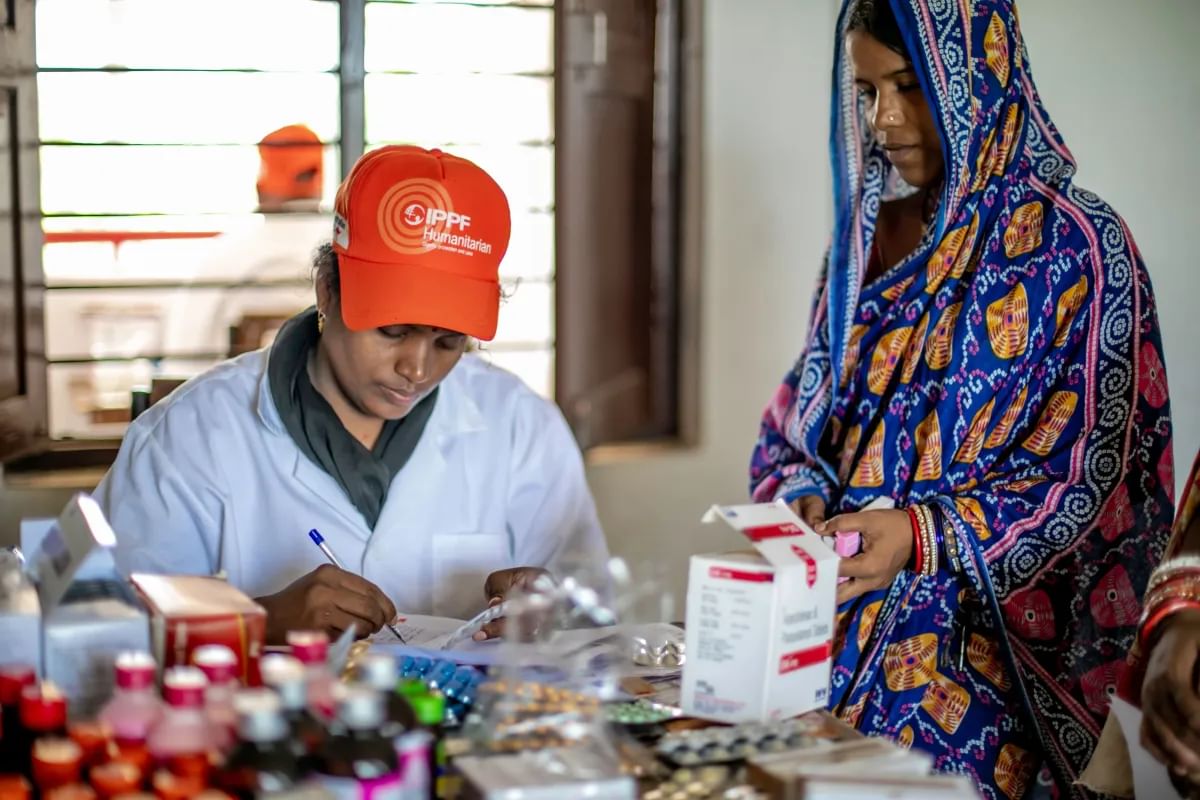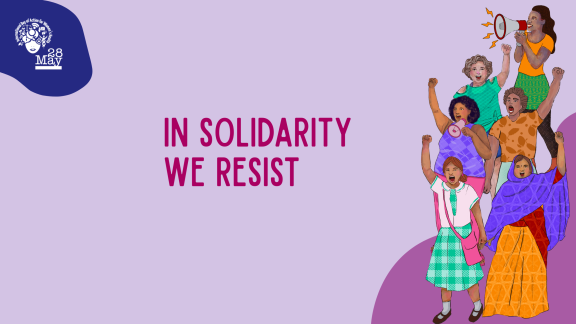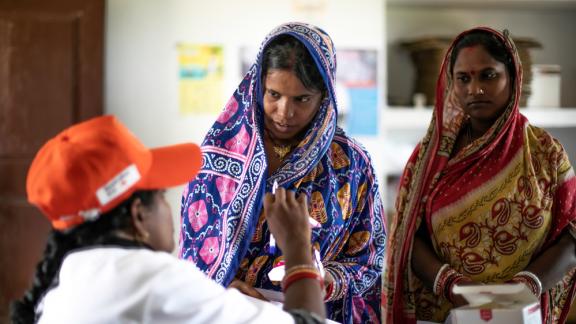Sexual and reproductive health equity is central to health equity—because sexual and reproductive coercion has always been a tool of patriarchal oppression. In the wake of the Trump administration reinstating the Global Gag Rule, we’re reminded of the profound inequities that persist in the global health landscape and how the Global South continues to bear the brunt of neo-colonial laws and policies to exert control over racialised bodies.
The Global Gag Rule: A Cycle of Control
The Global Gag Rule (GGR), also known as the Mexico City Policy, is not new to safe abortion advocates and providers. It was first implemented by the Reagan administration in 1985 and has followed a predictable pattern of being rescinded under Democratic presidents; reinstated under Republican presidents. The GGR prohibits foreign non-governmental organizations (NGOs) receiving US global health funding from offering safe abortion services, information and referrals—even when abortion is legal in their country and funded through non-US sources. It also forbids organizations from advocating for the decriminalization of abortion in their respective countries. According to a Lancet study, previous implementations of the GGR have been associated with a 40% increase in abortion rates in countries highly dependent on US foreign assistance for reproductive healthcare. This challenges the counterproductive nature of the policy. The latest iteration of the GGR, backed by conservative agendas, such as Project 2025, targets comprehensive sexual and reproductive health services, especially HIV prevention and treatment, and inclusive development initiatives.
The Impact on South Asia
In South Asia, the legal landscape surrounding abortion is complex and varied. While abortion is unrestricted in India, Nepal and Bangladesh under certain conditions, countries like Sri Lanka and Bhutan have highly restrictive abortion laws. The GGR's restrictions on the provision, advocacy, and education around safe abortion has historically silenced local organizations and continues to endanger the health and lives of countless women across the global South, including South Asia, by restricting access to safe abortion services. Evidence shows that every time the GGR is in effect, the number of unsafe abortions and subsequent maternal deaths increase significantly.
In Bangladesh, many family planning programs rely on funding for contraceptive and reproductive health services. “When funding for these essential family planning programs is cut or delayed, it’s women in remote communities who suffer the most. Their health, rights, and dignity are put at serious risk,” says Dr. Noor Mohammad, Executive Director of the Population Services and Training Centre (PSTC). “Without consistent support, we’re leaving the most vulnerable behind.” Dr Prabin Shakya, Executive Director of the Family Planning Association of Nepal, adds, “After the abortion law was liberalised in Nepal, we have made remarkable progress in reducing maternal mortality. The Global Gag Rule undermines these hard-won gains by creating barriers for organizations providing essential reproductive healthcare services”.
Moreover, the GGR will embolden homegrown opposition to abortion and reproductive rights, allowing conservative forces to further entrench patriarchal norms and restrict women's autonomy over their bodies. In this way, the GGR exacerbates existing health inequities and undermines the progress made by local organizations towards advancing reproductive justice in the region.
when
region
South Asia
Subject
Abortion Care

When funding for these essential family planning programs is cut or delayed, it’s women in remote communities who suffer the most. Their health, rights, and dignity are put at serious risk. - Dr. Noor Mohammad, Executive Director of the Population Services and Training Centre

The “Politics” of Reproductive Control
The GGR has repeatedly weaponised critical foreign aid, with restrictions that often conflict with recipient countries' own health policies and legal frameworks. Even in countries where abortion is unresricted, organizations are unable to refer clients for available services owing to policy restrictions. “The Global Gag Rule has severely blocked funding to organizations who are working on safe abortion access and family planning issues. This has a disproportionate impact especially for people and communities at the margins. The policy is a categorical violation of inalienable human rights of women and girls’ rights. When the GGR was previously implemented it infringed women’s access to sexual and reproductive rights in Nepal. The rule was especially paradoxical since the domestic law in Nepal recognizes a woman’s right to abortion and the Gag Rule blocked effective implementation of the constitutionally recognized rights in Nepal. In this context, the Global Gag Rule made it difficult for a range of actors to work on SRHR in Nepal, including critical service delivery providers and law, policy, and advocacy organizations”, adds Prabina Bajracharya, Regional Director, Asia, Center for Reproductive Rights.

The on-again, off-again nature of the policy, changing with each US administration, also creates instability in healthcare systems already operating with limited resources. Programs built over years collapse when funding is abruptly withdrawn, and the infrastructure meant to deliver essential services erodes. These disruptions cannot simply be reversed when more progressive administrations temporarily suspend the policy—the damage to healthcare systems is cumulative and lasting.
Moving Towards Sustainable Solutions
As we have seen over its many implementations, the GGR fails to achieve its stated goals and causes significant harm to the most vulnerable populations. For South Asia to achieve health equity, stakeholders must work collectively to create sustainable systems that protect essential services from external political interference. “The GGR being reinstated again, highlights the urgent need for countries in the global South to establish sustainable, independent funding mechanisms for comprehensive sexual and reproductive healthcare. The bodily autonomy of women, girls, and trans people cannot continue to depend on the result of the US elections. This is the time for stakeholders in South Asia and across the global South to prioritise reproductive healthcare in domestic and other channels of financing, reducing vulnerability to external policy shifts” says Tomoko Fukuda, Regional Director, Interim, IPPF South Asia Region.
As organizations committed to reproductive justice, we must also come together and step forward, as donors, as partners, as knowledge creators, to fill critical gaps, support each other and refuse to compromise on providing essential sexual and reproductive healthcare to everyone. “We must develop cross-movement solidarity to mitigate the impact of the GGR and the larger funding cuts to development aid, recognizing the interconnected nature of our struggles as feminists, LGBTI+ rights activists, women’s human rights defenders and sexual and reproductive health and rights advocates”, says Prabina Bajracharya.
Banner Illustration Credits: May28.org











